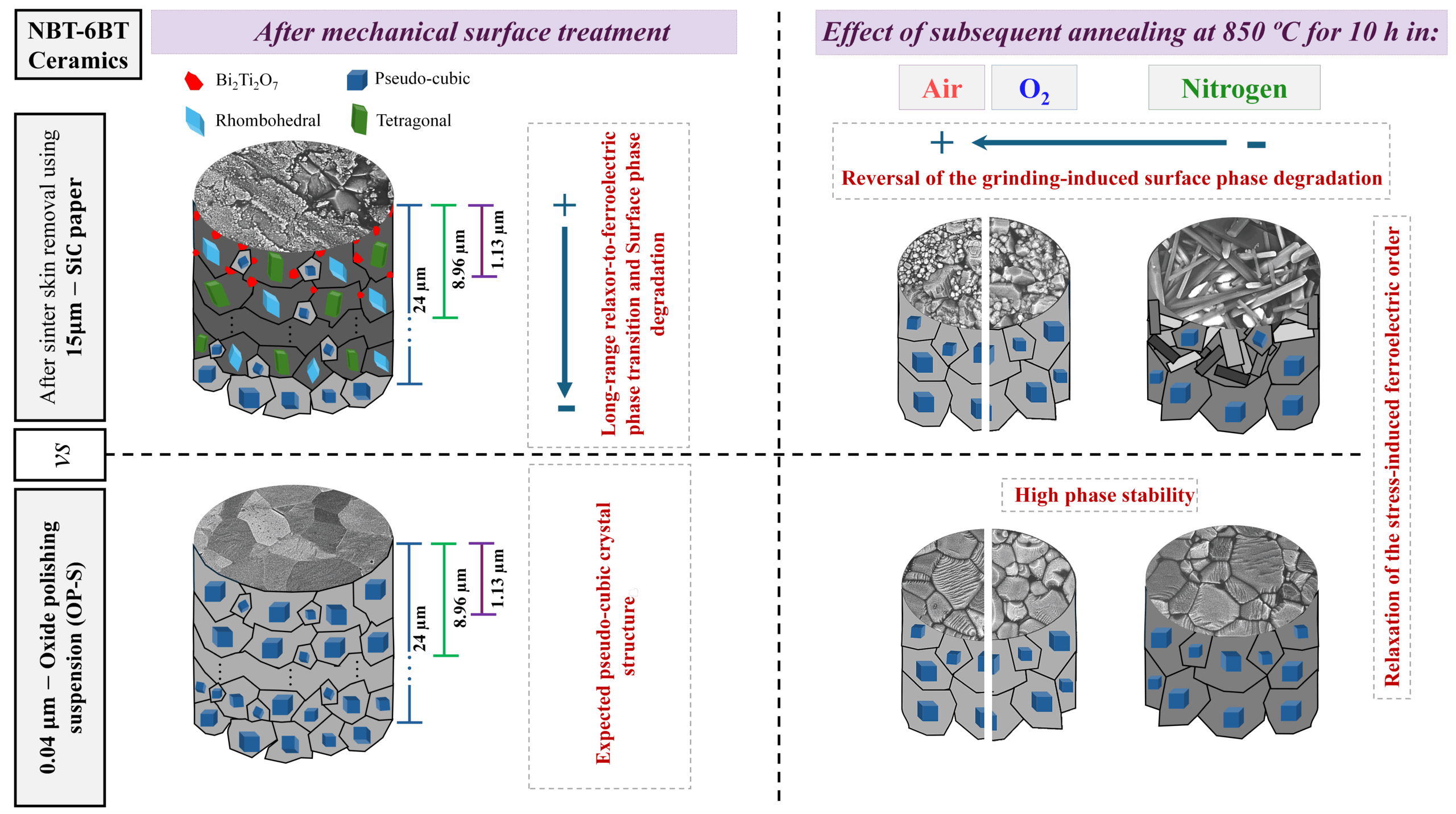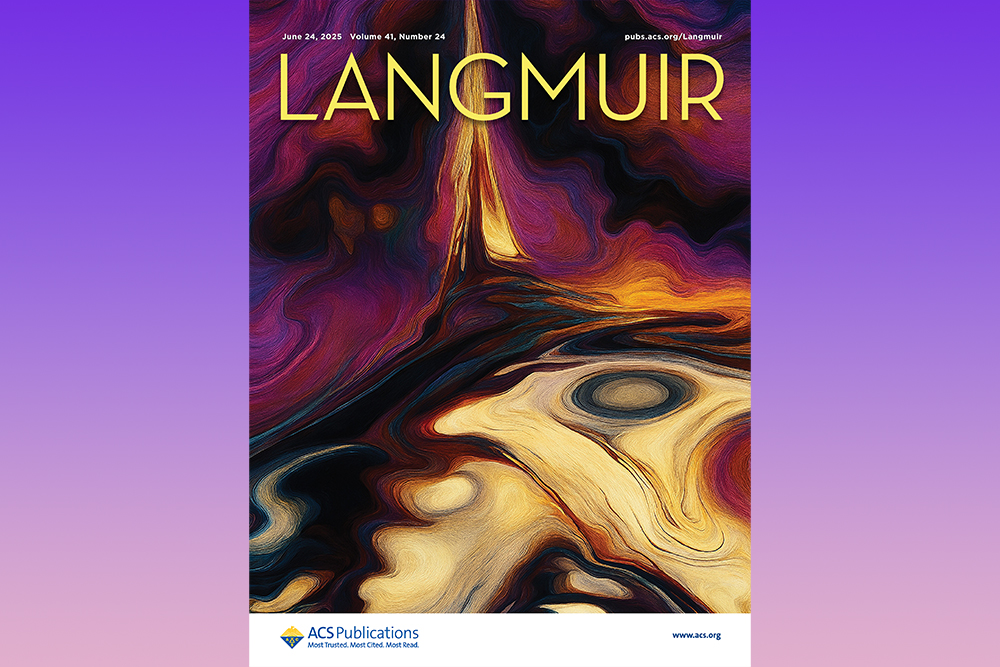From the Army Research Office, Materials Science Division:
A major opportunity to enable efficient manufacturing of advanced materials lies in the discovery and critical understanding of the fundamental physical laws and phenomena of materials processes.
It is impossible to escape the buzzword “manufacturing” in today’s world, but its widespread usage shows that manufacturing means many different things to many different people.
Perhaps even more ambiguous is the term “manufacturing science,” which may seem contradictory in nature based on the implied connotations of industrial application in the former and fundamental research in the latter. This has not prevented full adoption by the materials science and research community, as evidenced by the frequent appearances of “materials” and “manufacturing” hand-in-hand, and national initiatives such as the Advanced Manufacturing Partnership and Materials Genome Initiative.
In these initiatives, and historically, it has been perceived that the synthesis of advanced materials provides the stimulus for new industries, but often left uncovered is the fundamental science of the “ings,” (cutting, forging, rolling, casting, sintering, etc.) needed to take the advanced materials from their initial synthesized form to newer or better products.
To address this gap, the Army Research Office Synthesis and Processing Program aims establish a Manufacturing Process Science thrust area that will target scientific discovery of fundamental physical laws and phenomena of materials processes which will enable future manufacturing of advanced structural materials. To clarify and provide some bounds for this research direction, some criteria should be addressed.
• Basic Science: Fundamental physical laws and phenomena of materials processes are of primary interest; avoid drift towards incremental application-oriented and industrial process development.
• Novel and Disruptive: Studies should be highly original in nature and have potential to result in unprecedented and pervasive scientific advances.
• Process Focused: A clear, scientific understanding of the process, as opposed to the material being processed, is desired with the understanding that both the process and material need to be studied holistically for maximum benefit.
• Diverse Applicability: Emphasis will be given to processes that are applicable to broad materials classes rather than any specific material.
• Experimentally Driven and Computationally Enabled: Rapidly expanding modeling and simulation tools provide critical capabilities for elucidation of manufacturing processes, but it should be noted that they are enablers rather than drivers; research should incorporate appropriate experimental and modeling elements.
• Inherently Scalable: Discoveries should be germane across the scale of study to suitable manufacturing scales. For new processes, there should be no intrinsic barriers to scalability.Interested parties are encouraged to submit a 1–3 page whitepaper to Suveen Mathaudhu, for consideration.
Mathaudhu is Program Manager—Synthesis and Processing of Materials of the Materials Science Division, Army Research Office, Durham, N.C.
CTT Categories
- Basic Science
- Manufacturing
- Modeling & Simulation


